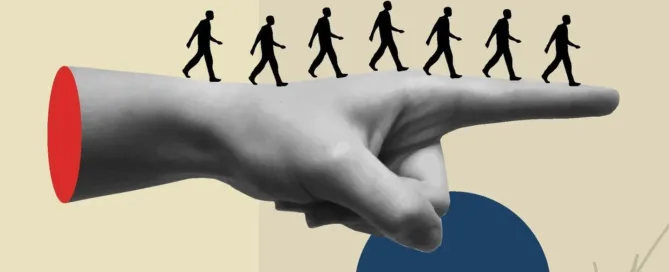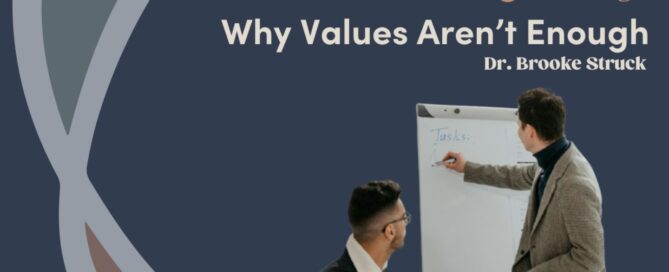When It Comes to Talent
The next five years will be a critical time for talent management because by 2030 even the youngest Baby Boomers will turn 65. But there’s a persistent challenge to making the most of your people’s potential: when it’s time for change, we too often reach outside the organization, dreaming of that superstar who is just waiting to arrive – if only we can find them.




